

Bolt screws are essential fasteners used across various industries, from construction to manufacturing. This guide provides an in-depth look at different types of bolt screws, their applications, materials, and key considerations when selecting the right bolt screw for your needs. Understanding these factors ensures optimal performance and safety in your projects.Understanding Bolt ScrewsA bolt screw is a type of fastener, typically made of metal, characterized by a helical ridge, known as a male thread (external thread) or just thread, wrapped around a cylinder. Bolt screws are used to fasten materials together by engaging with matching female threads (internal threads) in a nut or pre-tapped hole.Key Components of a Bolt Screw Head: The shaped end of the bolt screw designed for engagement with a tool. Common head types include hex, socket, and button. Shank: The cylindrical body of the bolt screw, which may be fully or partially threaded. Threads: The helical ridges that engage with mating threads in a nut or tapped hole. Point: The end of the bolt screw, which may be pointed, flat, or chamfered to aid in insertion.Types of Bolt ScrewsThe selection of bolt screw often depends on the specific application. Here are some common types:Hex BoltsHex bolts, also known as hexagon bolts, are one of the most common types of bolt screws. Their hexagonal head allows for easy tightening with a wrench or socket.Applications: Construction, automotive, machinery.Carriage BoltsCarriage bolts have a smooth, rounded head with a square shoulder that prevents rotation once installed. They are often used in wood applications.Applications: Woodworking, fencing, docks.Socket Head Cap ScrewsSocket head cap screws feature a cylindrical head with a hexagonal recess (socket) for use with an Allen wrench. They offer high strength and a clean, finished appearance.Applications: Machine tools, molds, dies.Machine ScrewsMachine screws are smaller bolt screws with a wide variety of head types, including flat, round, and oval. They are designed to be used with nuts or tapped holes.Applications: Electronics, appliances, precision equipment.Set ScrewsSet screws are headless bolt screws used to secure an object within or against another object, typically by applying pressure. They often feature a cup point or cone point for increased holding power.Applications: Securing pulleys to shafts, adjusting mechanisms.Bolt Screw MaterialsThe material of a bolt screw significantly impacts its strength, corrosion resistance, and suitability for different environments.SteelSteel is a common material for bolt screws due to its strength and affordability. Carbon steel is often used, but alloy steels can provide increased strength and toughness.Pros: High strength, cost-effective.Cons: Susceptible to corrosion (unless treated).Stainless SteelStainless steel bolt screws offer excellent corrosion resistance, making them ideal for outdoor and marine applications. Common grades include 304 and 316 stainless steel.Pros: Excellent corrosion resistance, durable.Cons: More expensive than steel.BrassBrass bolt screws are known for their corrosion resistance and electrical conductivity. They are often used in marine and electrical applications.Pros: Good corrosion resistance, electrical conductivity.Cons: Lower strength compared to steel.AluminumAluminum bolt screws are lightweight and corrosion resistant. They are commonly used in aerospace and automotive applications.Pros: Lightweight, corrosion resistant.Cons: Lower strength compared to steel.Selecting the Right Bolt ScrewChoosing the correct bolt screw for your application requires careful consideration of several factors:Strength RequirementsDetermine the load-bearing capacity required for the application. Consult engineering specifications and load charts to select a bolt screw with adequate strength.Environmental ConditionsConsider the environment in which the bolt screw will be used. If exposed to moisture, chemicals, or extreme temperatures, select a corrosion-resistant material like stainless steel or a coated steel.Application TypeThe type of application will dictate the appropriate bolt screw style. Woodworking requires different bolt screws than machinery or electronics.Size and Thread PitchSelect the correct diameter and thread pitch to ensure proper engagement with mating threads. Refer to industry standards and specifications for accurate measurements.Head TypeThe head type should be chosen based on accessibility, aesthetics, and required torque. Hex heads are versatile, while socket heads provide a clean, low-profile appearance.Bolt Screw Standards and SpecificationsBolt screws are often manufactured to meet industry standards such as those set by ASTM (American Society for Testing and Materials), ISO (International Organization for Standardization), and DIN (Deutsches Institut für Normung). These standards specify dimensions, materials, and performance requirements.Common Standards ASTM A307: Standard Specification for Carbon Steel Bolts and Studs, 60,000 PSI Tensile Strength ISO 4017: Hexagon head screws - Product grades A and B DIN 933: Hexagon head screws with full thread - Product grades A and BProper Installation TechniquesCorrect installation is crucial for ensuring the integrity and performance of bolt screws.Torque SpecificationsAdhere to recommended torque specifications to avoid over-tightening or under-tightening bolt screws. Use a calibrated torque wrench to achieve accurate tightening.LubricationApply lubricant to bolt screw threads to reduce friction and ensure consistent clamping force. Select a lubricant compatible with the bolt screw material and application.Thread EngagementEnsure sufficient thread engagement to prevent stripping or failure. As a general rule, a minimum thread engagement of at least one diameter of the bolt screw is recommended.Hebei Muyi Import&Export Trading Co.,Ltd and Bolt Screw SolutionsAt Hebei Muyi Import&Export Trading Co.,Ltd, we understand the importance of quality fasteners. We provide a wide range of bolt screws to meet diverse industrial needs. Our experienced team can assist you in selecting the right bolt screw for your specific application. Contact us today to learn more about our products and services.We offer various customization options, material choices, and expert consultation to find the perfect solution for your project. Trust us for all your fastener needs.Troubleshooting Common Bolt Screw ProblemsEven with careful selection and installation, problems can sometimes arise with bolt screws. Here are some common issues and their solutions:Stripped ThreadsStripped threads occur when the threads of the bolt screw or mating component are damaged. This can be caused by over-tightening, cross-threading, or using an incorrect thread pitch. Solutions include using a thread repair kit or replacing the damaged components.CorrosionCorrosion can weaken bolt screws and lead to failure. Prevent corrosion by selecting corrosion-resistant materials, applying protective coatings, or using corrosion inhibitors.LooseningBolt screws can loosen over time due to vibration, thermal expansion, or improper tightening. Use locking mechanisms such as lock washers, thread lockers (e.g., Loctite), or safety wire to prevent loosening.Future Trends in Bolt Screw TechnologyThe field of fastener technology is continuously evolving. Some future trends in bolt screw technology include:Smart FastenersSmart fasteners incorporate sensors to monitor tension, temperature, and other parameters in real-time. This allows for proactive maintenance and prevents failures.Self-Locking Bolt ScrewsSelf-locking bolt screws utilize innovative designs to prevent loosening without the need for additional locking mechanisms.Lightweight MaterialsThe development of high-strength, lightweight materials such as composites and advanced alloys will enable the production of lighter and more efficient bolt screws.ConclusionUnderstanding the types, materials, selection criteria, and installation techniques for bolt screws is essential for ensuring the safety and reliability of your projects. By carefully considering these factors, you can choose the right bolt screw for your specific application and ensure optimal performance. Remember to consult with experts at companies like Hebei Muyi Import&Export Trading Co.,Ltd for assistance in selecting the best bolt screws for your needs. Common Bolt Screw Material Properties Material Tensile Strength (approximate) Corrosion Resistance Typical Applications Carbon Steel 60,,000 PSI Low (requires coating) General construction, automotive Stainless Steel (,000 - 90,000 PSI High Outdoor applications, food processing Brass 40,000 - 60,000 PSI Good Marine applications, electrical components Aluminum 20,000 - 40,000 PSI High Aerospace, lightweight structures Disclaimer: The data presented in this table is for general guidance only and should not be used for engineering design without consulting relevant standards and specifications.

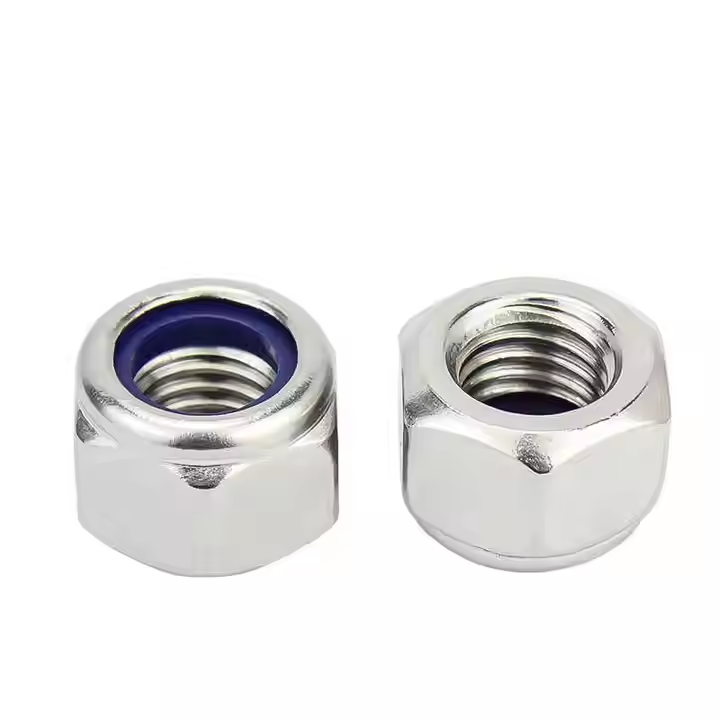


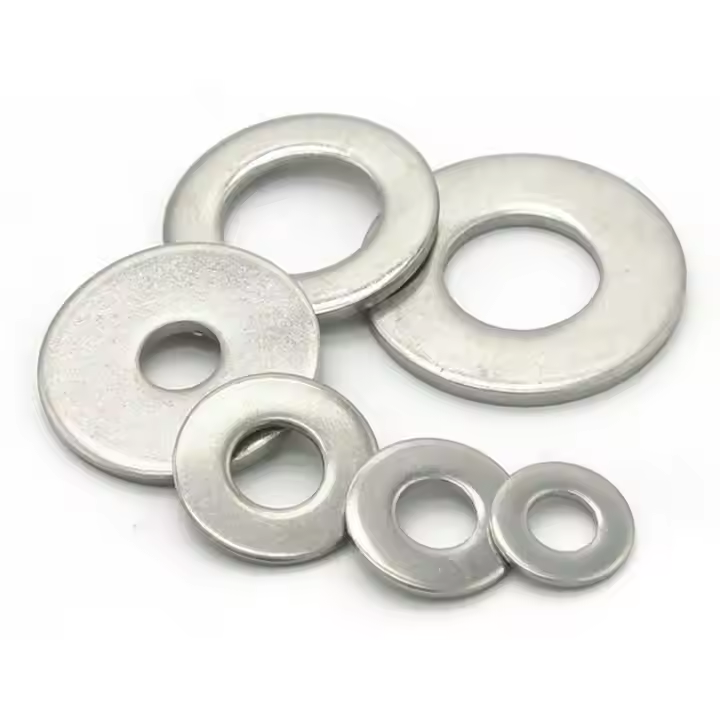
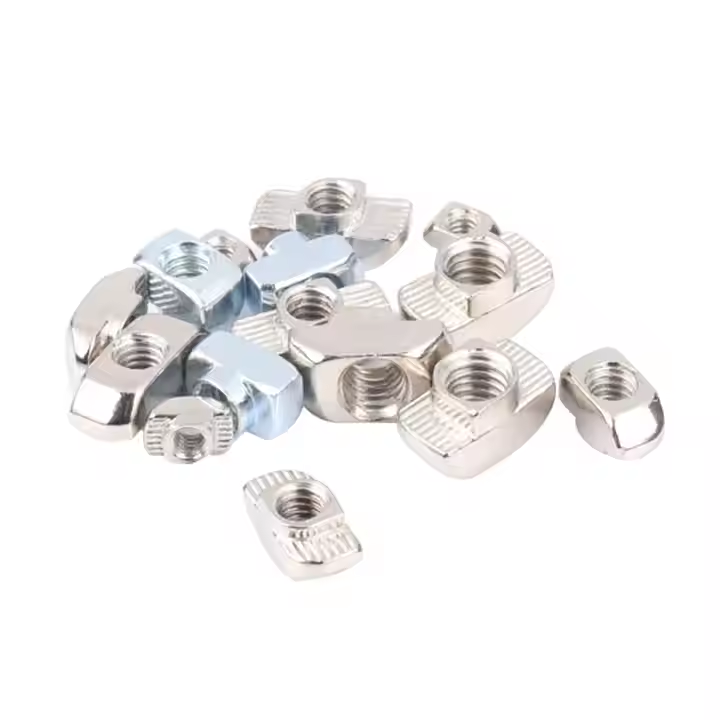
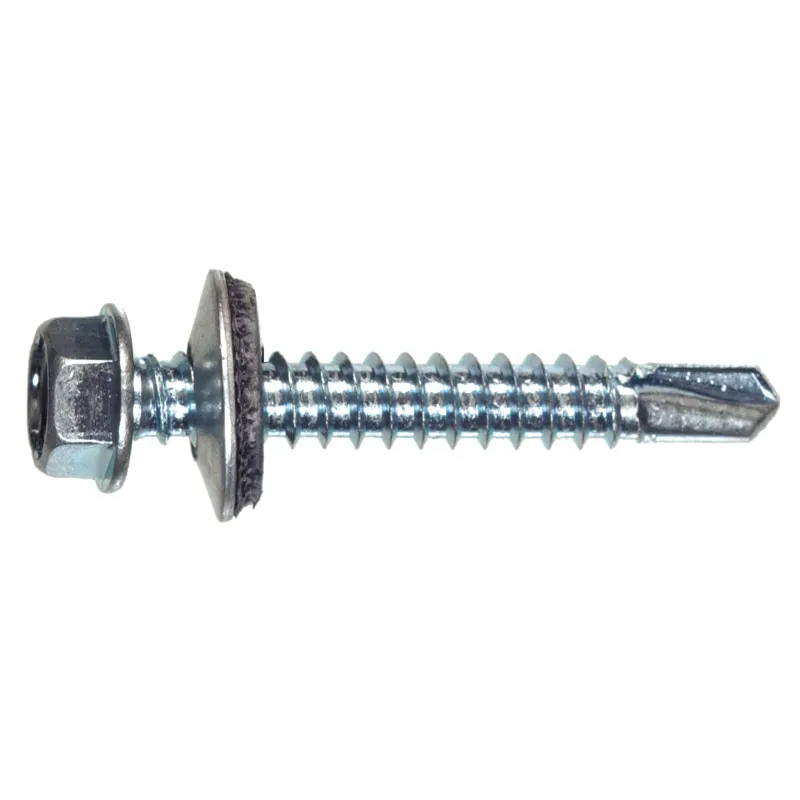
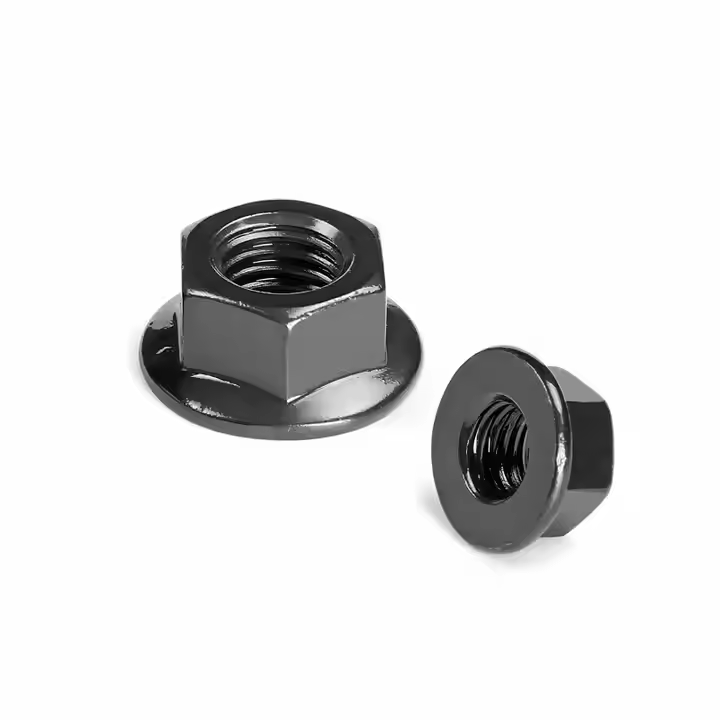
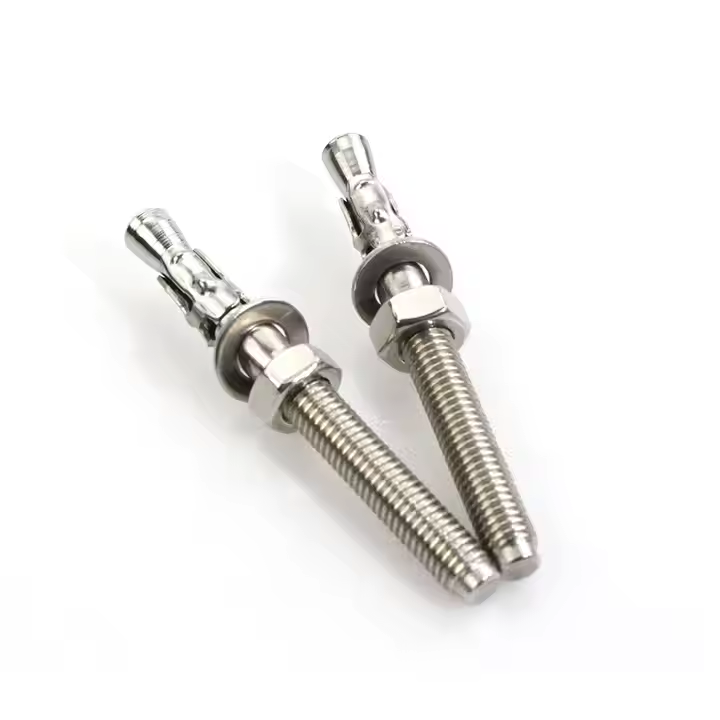

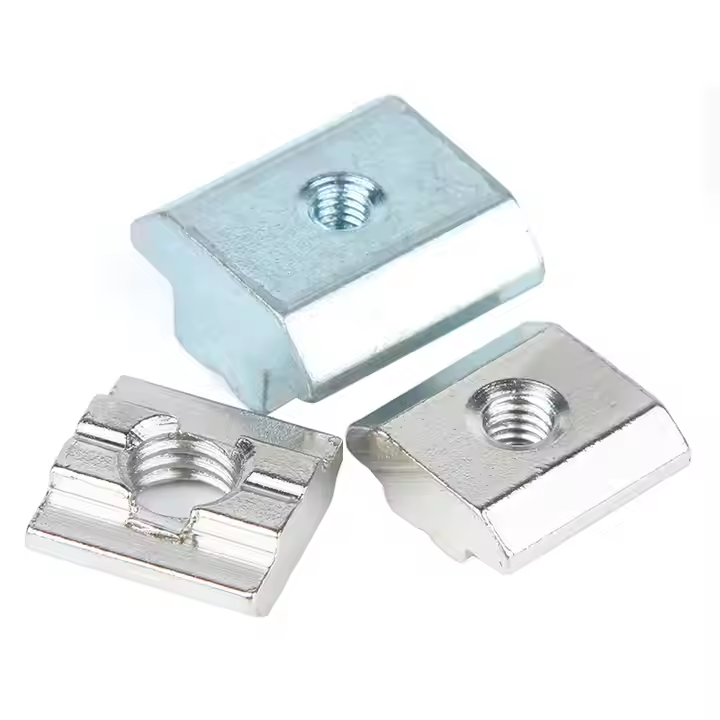


Please enter your email address and we will reply to your email.